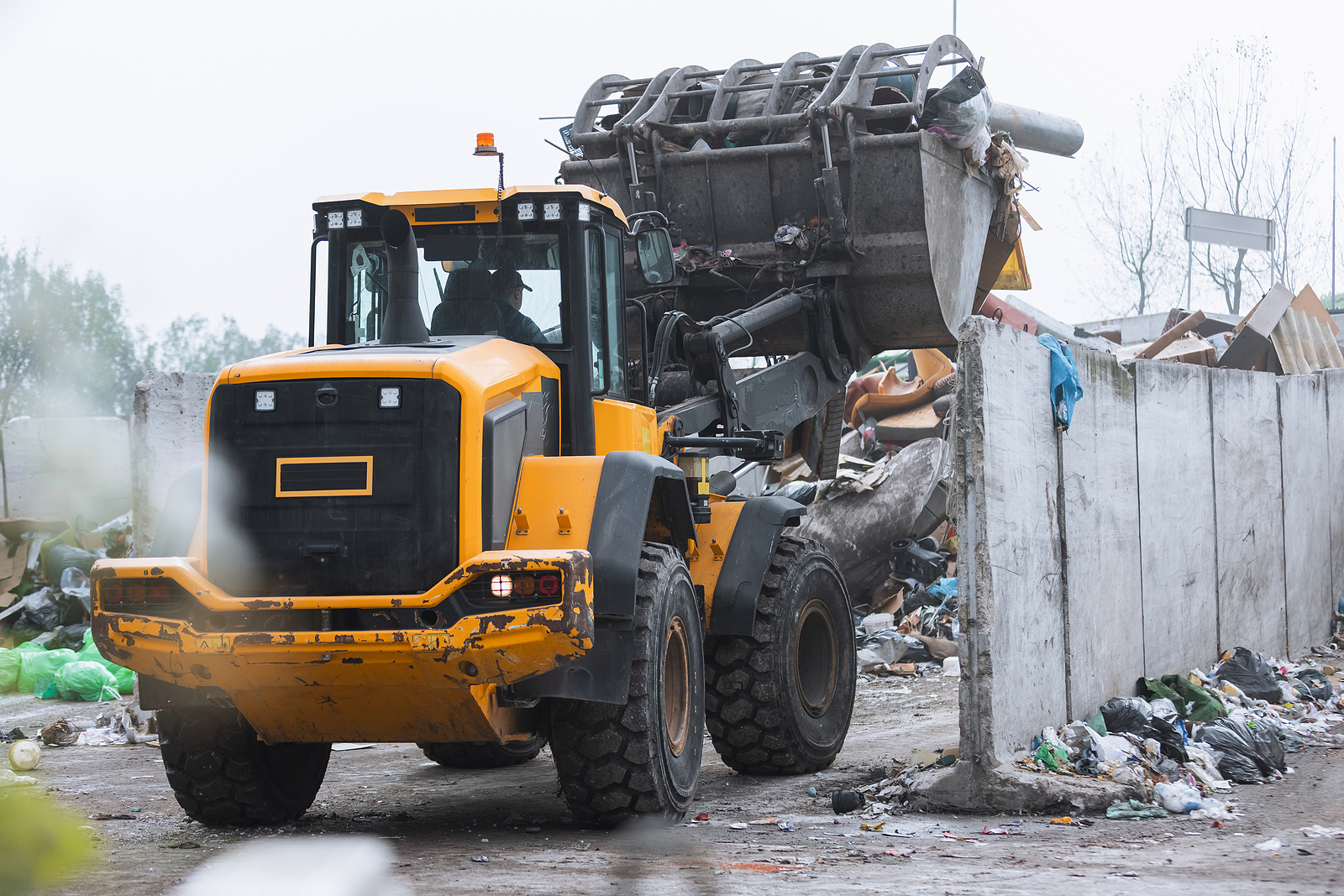The UK’s innovation agency, Innovate UK, has allocated £6.6 million to invest in research projects that will boost the recycling and reuse of rare earth elements that are widely used in the technology sector. The Critical Materials for Magnets Competition was launched in February and now 16 new projects are set to get underway.
The competition is a part of the wider circular critical materials supply chains (CLIMATES) programme which is intended to prevent the waste of rare earth elements and ensure that as many as possible are recovered and reused. These materials are used in laptops, smartphones, and electric vehicles.
Mike Biddle, Executive Director for Net Zero at Innovate UK said: “By recycling and recovering valuable rare-earth magnets, we are reducing the environmental impact of extraction, saving energy, and creating a resilient supply chain in a growing global market.”
He added: “These materials are fundamental to building a net zero economy so we need a sustainable way to access these critical materials and for innovation to thrive in harmony with responsible resource management.”
“I’m pleased for our competition winners, who have demonstrated their commitment to this by making this happen and I wish them well on their innovation projects.”
One of the projects aims to develop a method of sustainably decommissioning and recycling off-shore wind turbines, which will reduce carbon emissions and allow for the retrieval of rare earth elements. This is particularly important as we are entering an era when the first generation of wind turbines are nearing the end of their lives.
Another project will focus on establishing a traceable and sustainable supply chain of rare earth magnets for the motor industry. Funding has also been allocated to a company who will work with the British Geological Survey to carry out a feasibility study for building a commercial magnet recycling plant in Belfast.
Minister for Investment Dominic Johnson said: “Critical minerals are vitally important to our economy, and the funding awarded for these cutting-edge projects today will help us strengthen the industry’s supply chain even further.”
He added: “There are huge opportunities for UK firms in the booming rare earth elements market, and I congratulate the winners on their success in helping to drive this growth; a brilliant way to kick off the Northern Ireland Investment Summit this week.”
Rare earth magnets are strong permanent magnets that are made from alloys of rare-earth elements, and were first developed in the 1970s. They have since become in high demand because they provide high performance and lightweight components for electronic devices.
There are two types of rare earth magnet: neodymium magnets and samarium–cobalt magnets. They contain iron, cobalt, and sometimes also yttrium and other elements. The main source of these materials is currently China.
Rare-earth elements are not always technically ‘rare’, but they are more time and labour intensive to extract, because they do not exist in seams like coal or copper, and can only be recovered in small amounts at a time.
If you are looking for industrial conveyor belt cleaners, please get in touch today.





